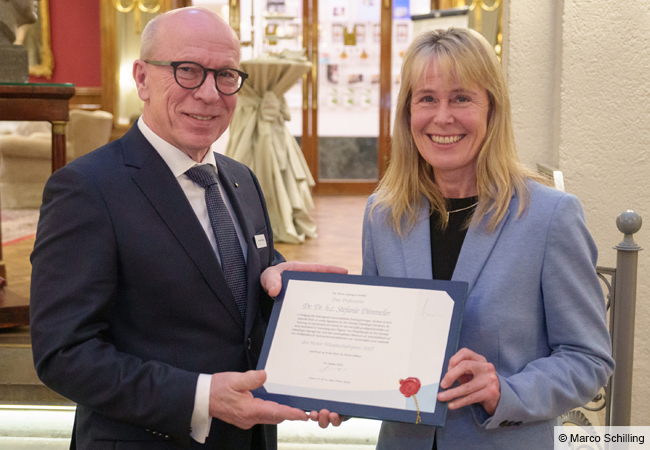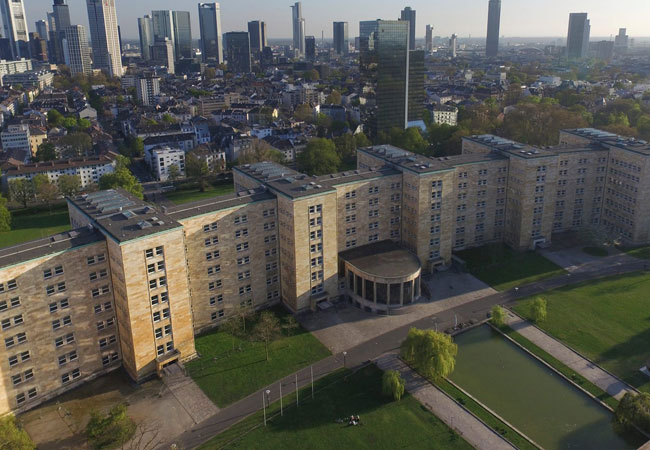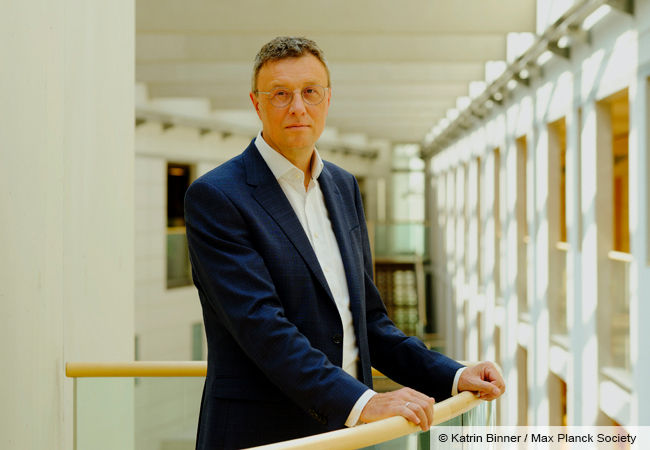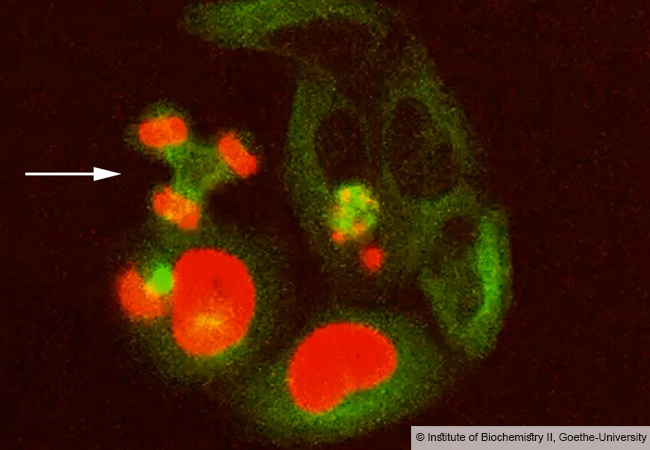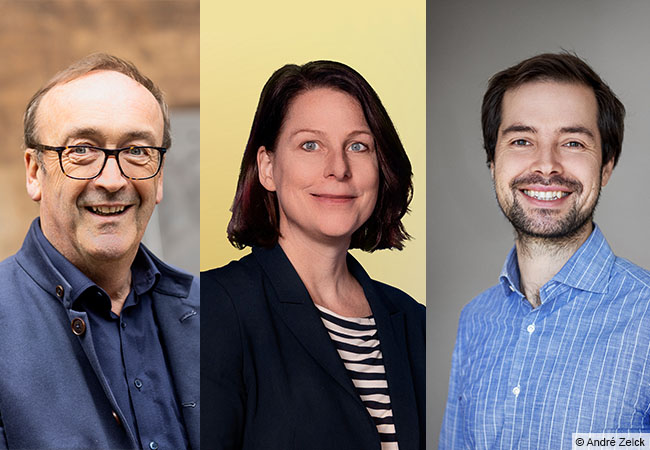We wanted to know: Why did our scientists want to become scientists in the first place? What are they working on, and what do they still want to discover? You can read their answers to these questions and more – including how they motivate their working groups and what they could really do without – as part of this series, which successively introduces some of the people behind the research conducted at Goethe University.
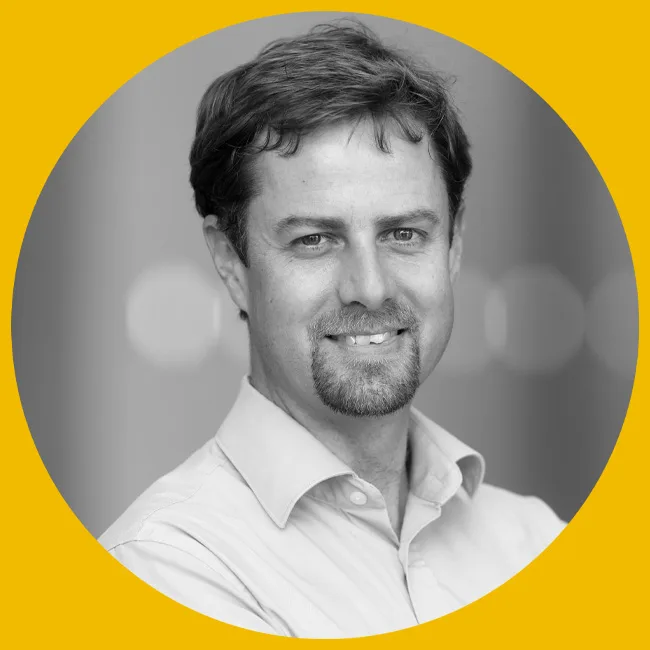
Name: Prof. Dr. Alexander Heckel
Profession: Chemical Biologist
Place of work: Institute for Organic Chemistry and Chemical Biology
Why did you become a scientist?
Even as a child, I knew I wanted to become a scientist because I always worked thoroughly on getting to the bottom of things. Things really took off when I got my first chemistry set at age 13.
What are you currently working on?
We regulate biological processes using light beams, i.e. we provide the corresponding mechanisms that can intervene selectively in cellular processes – exactly where and exactly when you want. Of course, cells, tissues and the entire body are highly complicated. Together with our partners, we investigate processes in nerve cells, in the skin or in the blood – wherever spatial and temporal resolution play a role.
What do you still want to find out/discover?
One of my big goals is to use light to guide cancer drugs, making them more selective and less harmful to the whole body.
What does your ideal workday look like?
For me, an ideal workday means I can concentrate on science – from developing new ideas and supervising doctoral students to releasing the results in the form of publications or lectures. If – on top of all that – I manage to get young people excited about science in a lecture, then the day becomes perfect.
What could you easily do without in your daily work?
Unfortunately, however, real everyday life is often overshadowed by a large amount of organizational problems.
What I like about my job is…
…the self-determination. That’s the only way I can be creative.
How do you motivate your working group?
I always try to come up with great new projects. Rather than getting just one project for example, each PhD student gets three. That way, when things get difficult in one project, you can focus on another, and free up your mind to solve the first problem. Apart from that, we regularly brainstorm in our scientific group meetings on what will be possible if we are successful in the respective projects.
To me, Goethe University Frankfurt is…
…the ideal place for my research because there are so many great colleagues on site with whom we can do great science together.
What should society know about your research? Are there common misconceptions, and if so, which?
When I describe my research, many people have science fiction movies in mind, where, for example, a laser is used to irradiate a wound, which then disappears within seconds. We are not that far (yet).
How do you get your mind off research?
Through good time management – and through my part-time job in the Emergency Medical Services.
Prof. Dr. Alexander Heckel is member of the SCALE cluster project. The research cluster aims to use modern imaging techniques to uncover how cells organize themselves.
More information on Prof. Heckel’s research topics is available here.


